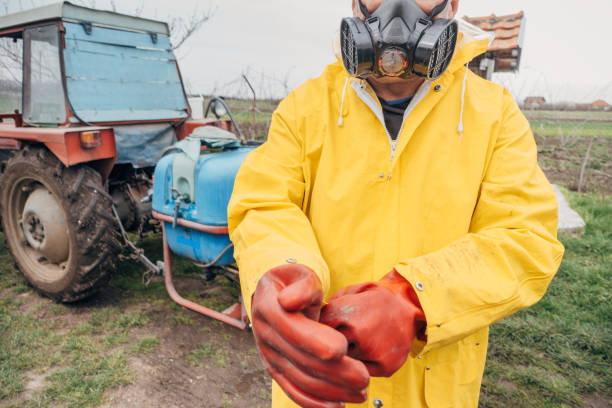Propane’s Role in the Circular Economy

Fueling Sustainability and Efficiency
The circular economy aims to redefine growth, focusing on positive society-wide benefits. It entails gradually decoupling economic activity from consuming finite resources and designing waste out of the system. Within this transformative approach, propane emerges as a versatile and efficient energy source that can significantly contribute to the circular economy’s principles. This article explores how propane is a key player in promoting sustainability and resource efficiency.
Enhancing Resource Efficiency
Reduced Waste: Propane’s high energy efficiency means it generates more heat per unit than other fuels, leading to lower consumption and waste. Its clean combustion minimizes the release of pollutants, aligning with the circular economy’s waste reduction goals.
Recyclability of Propane Cylinders: The propane industry has made strides in cylinder design and recycling, extending the life cycle of propane containers and reducing material waste. Reusable and refillable cylinders are steps toward minimizing the environmental footprint.
Supporting Renewable Energy Integration
Complementary to Renewables: Propane can be integrated with renewable energy systems, such as solar and wind, to provide a reliable backup power source. This hybrid approach ensures energy availability during periods when renewable sources are intermittent, enhancing the resilience and reliability of energy systems.
Fostering Innovation in Bio-Propane
Advancements in Bio-Propane: The development of bio-propane, produced from renewable sources like vegetable oils and animal fats, represents a significant leap towards circularity. Bio-propane’s closed-loop system, where waste and biomass are transformed into energy, mirrors the circular economy’s emphasis on regenerative resource use.
Reducing Dependence on Finite Resources
Substituting Fossil Fuels: Propane’s role in displacing more carbon-intensive fossil fuels in heating, cooking, and transportation helps reduce the overall demand for non-renewable resources, aligning with the circular economy’s objective of minimizing resource extraction.
Supporting Local Economies and Resilience
Local Production and Supply Chains: The potential for localized production of bio-propane from agricultural waste or by-products supports the circular economy’s aim of local resilience. Short supply chains for propane distribution further reduce transportation emissions and enhance community energy security.
Circular Economy in the Propane Industry
Life Cycle Assessment: Propane businesses are increasingly adopting life cycle assessments to measure the environmental impact of their products from production to disposal. This holistic approach enables identifying and minimizing ecological footprints throughout the propane supply chain.
Investment in Sustainability: The propane industry’s investment in sustainable practices, including improving efficiency and reducing leaks, demonstrates a commitment to circular economy principles. These practices conserve resources and ensure that operations are environmentally responsible.
Catalyzing Circular Solutions
Propane’s efficiency, potential for renewable sourcing, and role in reducing reliance on finite resources position it as a valuable contributor to the circular economy. By embracing circular principles, the propane industry can advance sustainability, promote energy independence, and support a resilient and resource-efficient future. As the circular economy gains momentum, propane’s adaptability and environmental benefits will continue to make it an essential component of sustainable energy solutions.
















